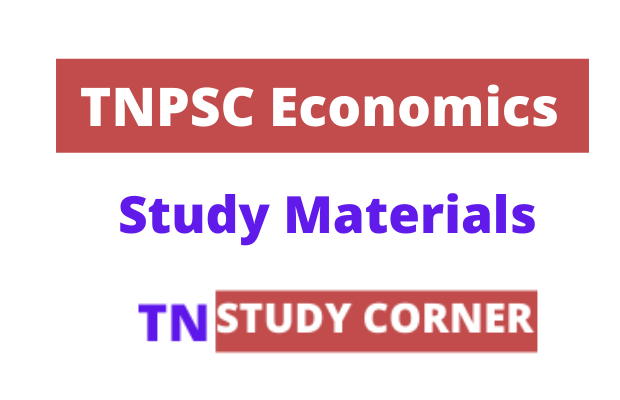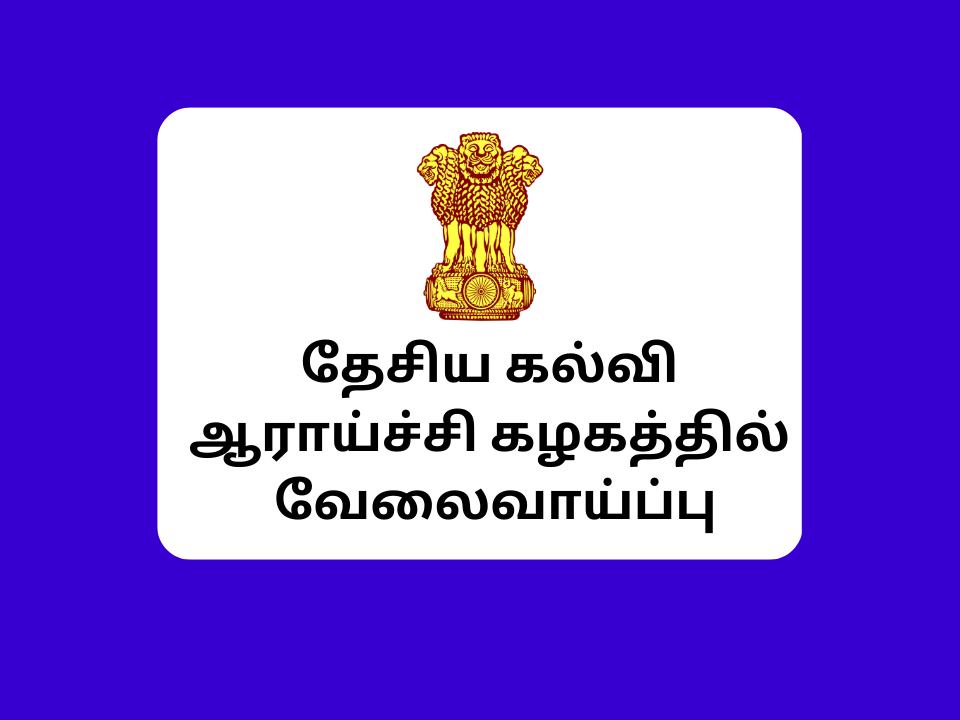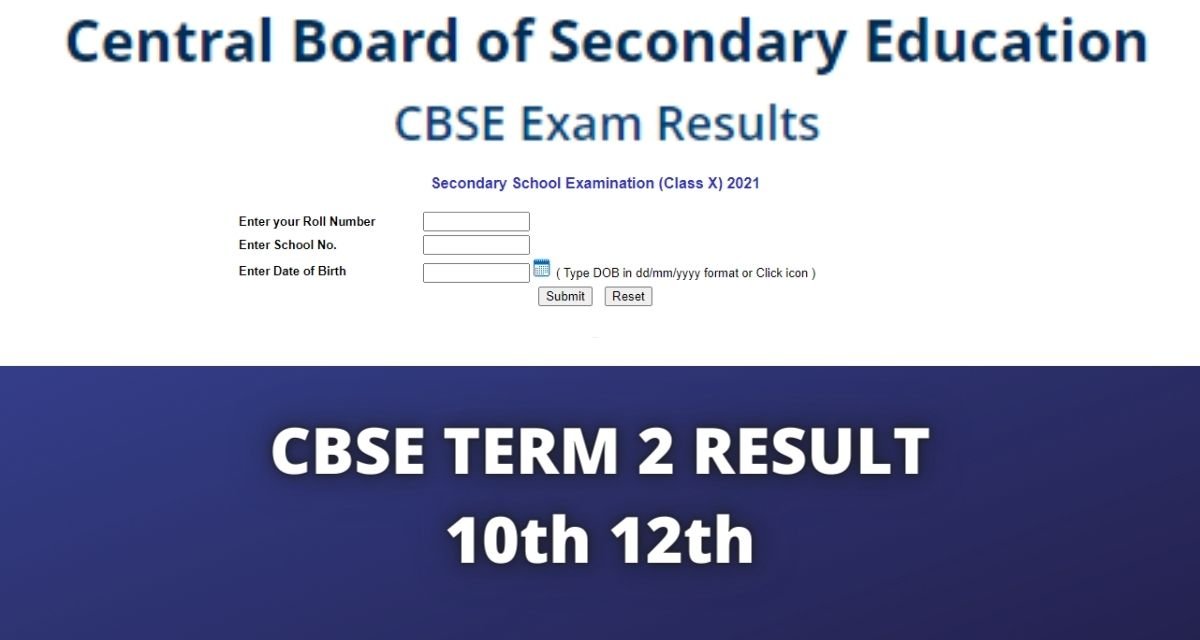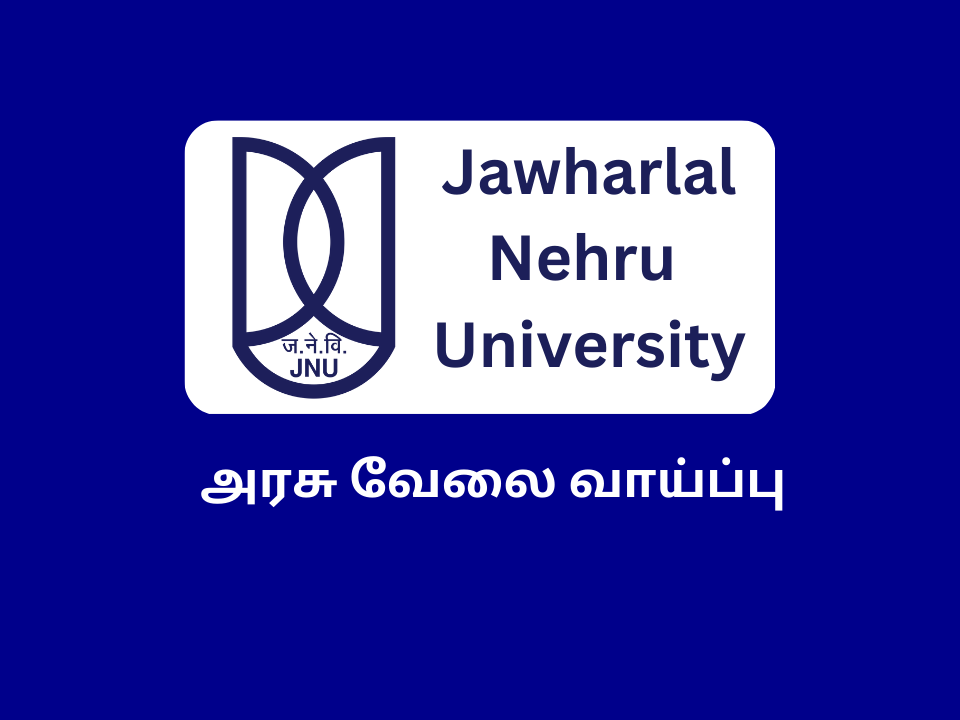TNPSC ECONONMICS STUDY MATERIALS – 1
This Study Material is purely prepared by us by referring Tamilnadu School books
| Join TN Study Corner | |
| Click here | |
| Telegram | Click here |
| Govt Jobs | Click here |
Basics of Economics
The term or word ‘Economics’ comes from the Ancient Greek oikonomikos (oikos means “households”; and, Nemein means “management”, “custom” or “law”). Thus, the term ‘Economics’ means ‘management of households’
Four definitions, each referring to particular stage of the growth of the subject of Economics, are presented here.
They are:
- Smith’s Wealth Definition, representing the Classical era;
- He defined, “Economics is the science of wealth”.
- Book – Wealth of Nations – 1776
- He is known as the Father of Economics.(Political Economy).
- Marshall’s Welfare Definition, representing the Neo-Classical era;
- He defined economics as “a study of man’s actions in the ordinary business of life”.
- Book – Principles of Economics.
- Robbins’ Scarcity Definition, representing the New Age;
- He defined “Economics is the science which studies human behavior as a relationship between ends and scarce means which have alternative uses “.
- Book – An Essay on the Nature and significance of Economic Science
- Samuelson’s Growth Definition, representing the Modern Age
- He defined, “Economics is a social science concerned chiefly with the way society chooses to employ its resources, which have alternative uses, to produce goods and services for present and future consumption”.
- He has coined the concept of Net Economic Welfare
Marxism :
- Karl Marx is considered as the Father of (scientific) socialism.
- According to Marx, “all history is a history of class struggle”.
- His teachings resulted in the birth of a socialist State in Russia and China.
Basic Divisions in Economics :
- Production
- Distribution
- Consumption
- Exchange
1. Production :
- Production refers to the creation of wealth.
- It deals with all activities which are undertaken to produce goods which satisfy human wants.
- Factors of Production: 1. Land 2. Labour 3. Capital 4. Entrepreneur / organization
2. Distribution : An act of sharing the products to the consumer.
3. Consumption :
- Consumption deals with the satisfaction of human wants.
- When a want is satisfied, the process is known as consumption
4. Exchange :
- An act of giving one thing and receiving another in return.
- If Goods are exchanged for Goods, we call it barter.
BASIC FEATURES OF INDIAN ECONOMY
- Agrarian Economy :
Even after six-decades of independence, 48.9% of the work force of India is still agriculturist and its contribution to National Income in 2013-14 is 13.9% / 2017-18 = 16.4%
2. Mixed Economy :
Indian Economy is a unique blend of public and private sector, i.e. a mixed economy. After liberalisation, Indian Economy is going ahead as a capitalist economy or market economy.
3. Developing Economy :
(a)National Income : (is the net national income of factor cost) of India during 2013-14 at current prices is estimated at ` 92.4 lakh crore and at constant (2004-05) prices, at 49.3 lakh crore. At constant (2004-05) prices, the National Income has shown a growth of 4.2%, while at current prices the growth rate of national Income is 11.9%.
(b)According to Planning commission of India’s report, India has 27 crore people or 21.9% population living below Poverty Line (as on 31st March 2012).
Three Sectors of Indian Economy as Divided by CSO
- Primary sector of Indian Economy is agriculture and the related sectors.
- It is involved in agriculture and direct use of natural resources
- Ex : Farming, Apiculture, Cattle Farming, etc.
- Secondary sector of Indian Economy is related to industry, manufacturing electricity etc.
- It is involved in the large-scale processing of natural resources; aimed at value addition
- Ex : Iron and steel industry, sugar mills, shoe factory, etc.
- Tertiary sector of Indian Economy is related to business, transport, communication and services.
- It is involved in supporting the activities of primary and secondary sectors
- Ex : Banking transportati on, BPO, consultancy, etc.
[su_button id=”download” url=”https://drive.google.com/file/d/17k3S2vHKErUFrs2BBf3zQbIc4ASkgYC-/view?usp=sharing” target=”blank”]Click here to download[/su_button]
TNPSC ECONONMICS STUDY MATERIALS, TNPSC Study material pdf,


![[இன்று விண்ணப்பிக்க கடைசி நாள்] மத்திய அரசு வேலைவாய்ப்பு 347 காலிப் பணியிடங்கள் கல்வித் தகுதி : 10th, 12th, Diploma, Degree NCERT Non Teaching Recruitment 2023 Last Date NCERT Non Teaching Recruitment 2023 Last Date](https://tnstudycorner.in/wp-content/uploads/2023/05/NCERT-Non-Teaching-Recruitment-2023-Last-Date.png)



